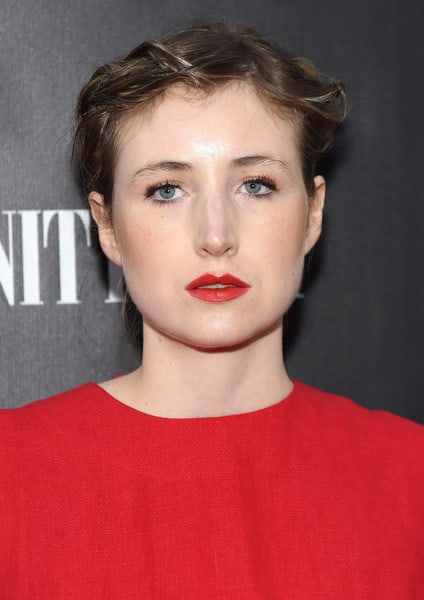

Devastated and alone in the house she just bought, she cracks open a bottle of wine, browses cremation urns online, and listens to Mozart’s Requiem on repeat. She’s not suicidal she just knows her death is coming. Kate Lyn Sheil plays Amy, a recovering alcoholic who becomes convinced her death will happen the next day. But it’s the kind of mania that appears, under some lights, like sanity.
KATE LYN SHEIL MOVIE
Amy Seimetz’s new movie She Dies Tomorrow imagines the premonition of death as not only something we occasionally experience but also a virus of its own, spreading from person to person, similar to an infection or a mania. We shine lights of distraction to keep the shadows of our own mortality at bay, but some events cast a broader pall. And, of course, it changes dramatically when an invisible virus threatens the normal balance of life and the world turns upside down. It pauses, curiously, when someone close to you dies - at least for a time - but tends to return if and when you manage to bat away the looming specter of your own end. Many of us live our lives sustained by a wholly unsupportable illusion we rarely confront: Death is out in the distance somewhere, not nearby.īut that fantasy is upended if you receive a terminal diagnosis, or if you live with severe chronic illness. The scariest obituaries are those memorializing people who didn’t know death was imminent, but it came for them anyhow. Wait, back up - is it a thought experiment? None of us know for sure that we’ll die tomorrow, but we also don’t know that we won’t. It’s just a thought experiment, but it’s a revealing one.

You might get incredibly drunk, or go to church, or hug your child. You might visit your family, or break off a relationship, or go careening down the highway at top speed on your motorcycle. Sheil, here making her feature film debut, is nothing short of revelatory: her pained monologue about waiting up all night for Tyrone to come home from the movies has a quiet, startling intensity, singlehandedly making the film’s one explicitly dramatic moment convincingly moving.The question has the ring of one posed by a street-corner preacher: If you knew you were going to die tomorrow, how would you spend today? Answers, presumably, will vary. But by the time Perry has cut to Sheil’s face, held in an almost classical Hollywood close-up, what started as a dry conversation in a principally comic film has mutated into something considerably darker and more real. It’s a sequence of deceptive simplicity: Tyrone (Riley O’Bryan) and Katie (Sheil) sit on a log in the woods and talk in a medium two-shot about the halcyon days of their relationship. His heady, hilarious, and deeply strange debut-an oblique adaptation of “Gravity’s Rainbow”, truer to the tenor of Pynchon’s prose than to the story he tells-seems to wander aimlessly for more than an hour before stumbling upon a scene of laser-sharp focus. Having esteemed directors as friends has certainly been a boon to Sheil’s career-her roles have thus far been secured by acquaintance and recommendation-but it’s a credit to her abilities that she has offered at least as much to the filmmakers with whom she’s worked than they have offered her or her career.Īlex Ross Perry is one of the most important young filmmakers working today. Sheil’s part in all of this is to ground the work in something real: her acting talent, which among her contemporaries is peerless, lends every film she’s in an instant sense of gravity and professionalism. The cross-pollination of the scene yields work that seems in constant conversation with itself, each authorial voice challenging or helping amplify the next, the group in general better off together than alone. Though hardly a coherent movement-at least until it earns its own subgenre tag-the group to which Sheil more or less belongs has emerged over the last few years as a kind of modern New York nouvelle vague, where amateur actors and directors alike continue to work on one another’s projects.


 0 kommentar(er)
0 kommentar(er)
